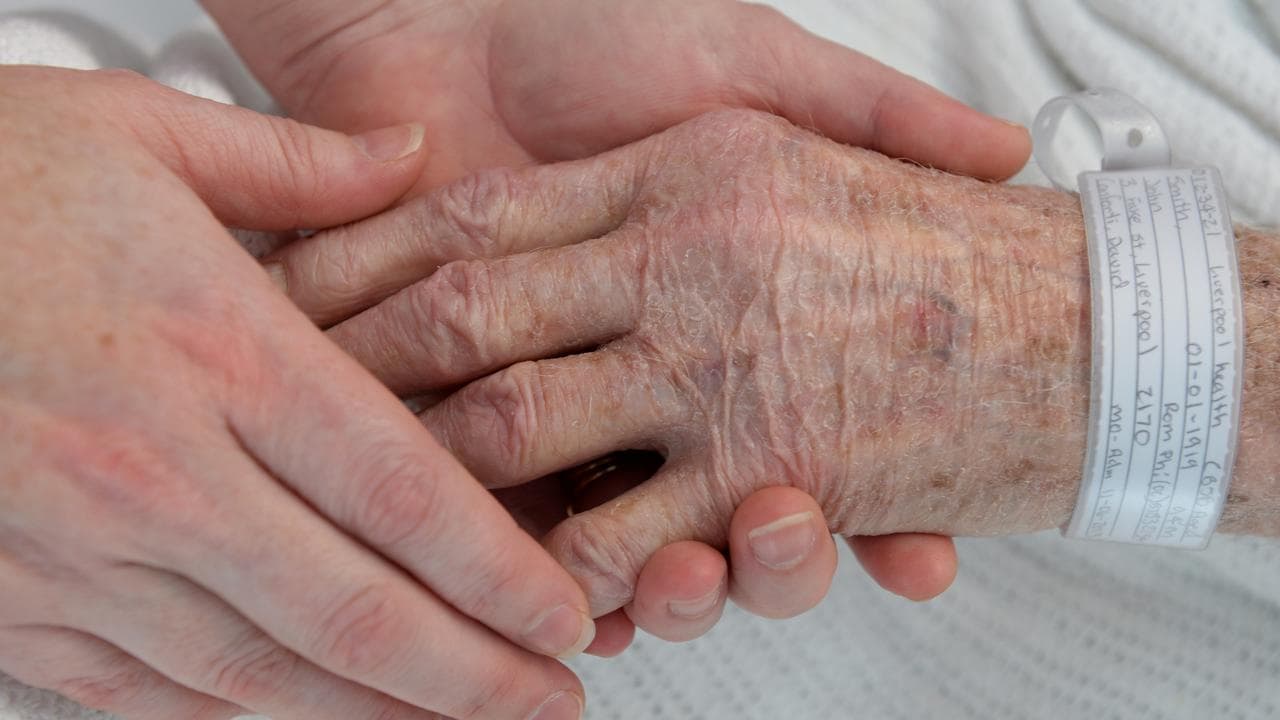
Close to 30 people have received permits and 12 have died during the first three months of South Australia's new assisted dying laws.
The state government on Wednesday released the first quarterly review of the regime, saying the program had received positive feedback from participants and their loved ones.
The review revealed 28 people aged from their 40s to their 90s with terminal illnesses had obtained a permit.
Of those, 12 people had died, including one who passed away without needing the supplied medication. Seven people had cancer and five had degenerative neurological conditions.
Among those to use the medication, eight had self-administered and three were supported by a doctor.
"Allowing voluntary assisted dying in South Australia was a significant milestone and I am pleased that the laws have been working so well," Health Minister Chris Picton said.
"The pathway offers hope, comfort and choice to South Australians with terminal illnesses, with many safeguards also in place."
Attorney-General Kyam Maher said the new laws were working well, bringing "the choice and comfort of dying in dignity".
The review found on average the length of time from making a first request to access assisted dying to receiving an outcome on an application for a permit was 25 days.
Sixty doctors have completed the mandatory training, with another 45 registered or part-way through.
SA's laws were passed in 2021 after 16 previous attempts over more than 25 years.
The system includes a provision that people wishing to die must be a South Australian resident for at least 12 months.
A terminal diagnosis and a life expectancy of less than six months, or 12 months for a person with a neurodegenerative disease, must be confirmed.
The laws also require patients to show they have decision-making capacity and are capable of informed consent, and to undergo an assessment by two independent medical practitioners.
They must have their request verified by independent witnesses and be experiencing intolerable suffering that cannot be relieved.
Voluntary Assisted Dying Board presiding member Melanie Turner said the reflections provided by patients and family members had reinforced the importance of the program as an end-of-life option.
She said it provided relief from suffering for patients and comfort for the bereaved.




